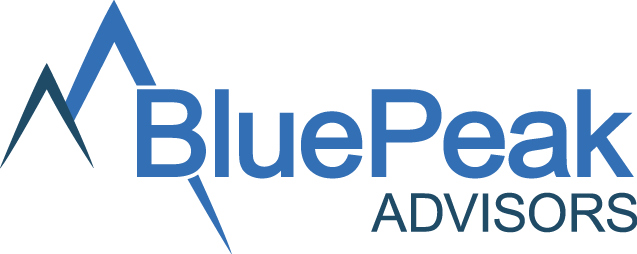From July 16-18th over 100 investigative minds met at the annual CMS Fraud Conference in Miami, Florida to talk about current fraud schemes, emerging schemes, data analytics and how to combat fraud, waste and abuse (FWA) in Medicare Part C and D. This informative session allowed for FWA professionals from CMS, law enforcement, MEDIC, Sponsors and FDRs to meet and share cases, strategies and overall knowledge to protect Medicare beneficiaries and dollars.
The hottest topic of the conference revolved around foot baths being billed to Medicare Part D. The foot bath scheme is averaging $8,000 per month per beneficiary, with costs being between $6,000-$18,000 being reported. Beneficiaries are receiving a foot bath, antibiotics in capsule, IV or cream form that need to be dissolved in the water and the beneficiary needs to soak their feet for 20 minutes per day. This scheme claims to treat or prevent (not covered by Medicare) illnesses such as diabetic ulcers, bone infections, ingrown toenails, pitted keratolysis and cellulitis. The drugs are sent on a monthly auto-ship program that the beneficiaries are not able to opt out of receiving. Beneficiaries are rarely seeing a physician/podiatrist to set up these services, they are being targeted by answering telephone calls to their homes or by filling out questionnaires online. Beneficiaries are giving out enough personal health information and Medicare billing information for the perpetrators to sign them up for these services. Beneficiaries are not getting value from the foot baths and in some cases, the foot baths have caused harm to the beneficiaries’ health.
The next most discussed topic was genetic testing which is billing Medicare Part B and C, beneficiaries are being tricked or scared into subjecting themselves to testing that may not be helping their overall health and in some cases have harmed beneficiaries. This scheme is happening at health fairs, nursing homes or assisted living centers and even door to door where technicians are swabbing beneficiaries to either find out how susceptible they are to certain chronic diseases or what drug regimens will best treat any current diseases they may have. In some cases, these tests are being touted as “free” testing, but the beneficiary needs to give their Medicare number to the person requesting the test. Some tests are being sent to the beneficiaries’ homes, but many are being done in public settings without the supervision of a physician or any medical training for the person administering the test. Investigation into these cases are showing that the members are not actually receiving the testing they signed up for, the testing that is being performed is not medically sound or they are not receiving accurate or useable data. The OIG issued a fraud alert on this scheme on June 3, 2019.
Emerging trends that were discussed that Plans and PBMs should be on the look out for are nasal irrigation, toothpaste, dental floss and mouth rinse claims. These schemes are very similar to the foot bath scheme highlighted above but send out supplies for members to conduct daily nasal irrigation with medications set up for monthly auto ship. This scheme is costing around $12,000 per month per beneficiary and could be causing significant harm to members health.
Discussion was had around continuing schemes with pharmacies stating they dispensed brand but dispenses generic medications or over the counter medications. Billing for higher level of services than were provided. Billing for members in hospice for longer than six months. Not having documentation to support services billed. Recommendations were given to make sure that Plans and FDRs are looking closely at their complaint data to see what members are concerned about and if those concerns warrant further investigation. Making sure that you are not only training staff on what is FWA but confirming they know how to escalate these concerns within your organization. Making sure that you are communicating with beneficiaries on possible schemes, how to protect themselves and how to reach you if they have concerns. Finally, if you feel that you have been a victim of FWA make sure you are reaching out to the MEDIC and/or law enforcement as appropriate. By everyone working together to fight FWA we can keep our beneficiaries safe and protect our Medicare spend.
BluePeak Can Help
If you have further questions on how to investigate possible FWA or refer a case. BluePeak can help you. We have a full suite of FWA services.
